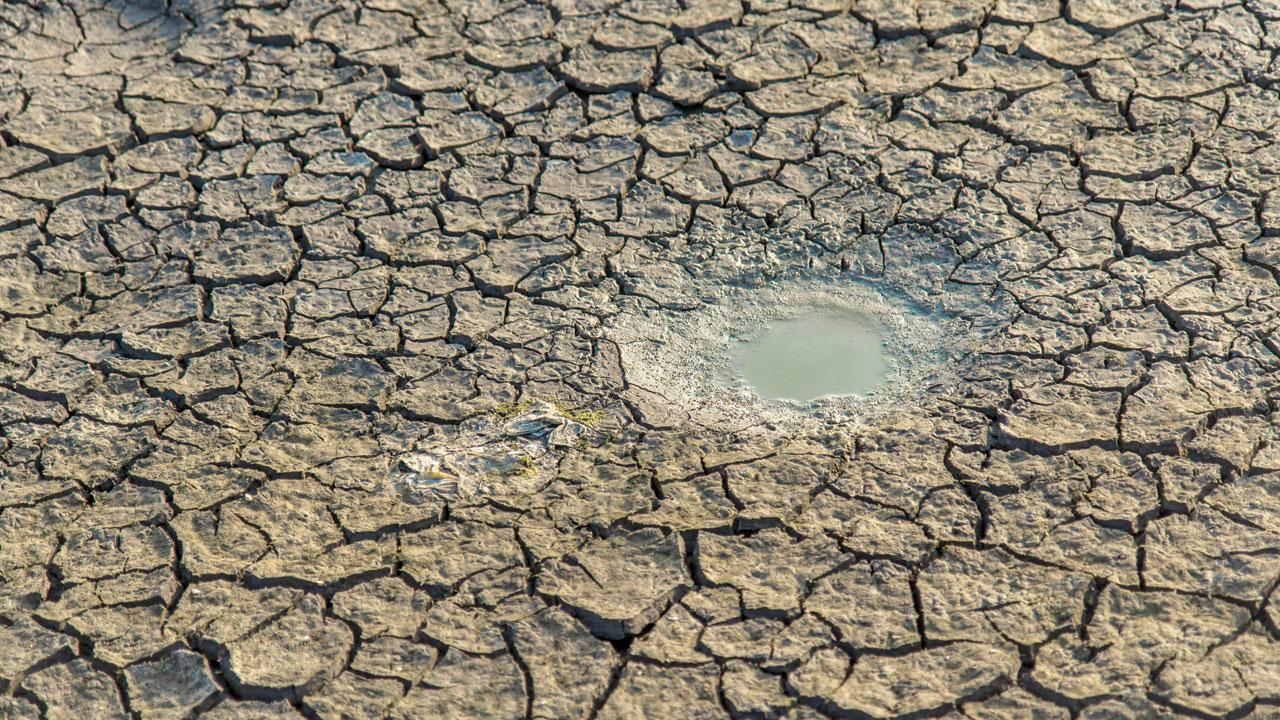Home / News / India News / Article /
‘Warming will increase frequency of flash droughts’
Updated On: 02 March, 2021 09:11 AM IST | New Delhi | Agencies
They said in contrast to the conventional droughts, flash droughts can impact a large region within two-three weeks, severely affecting crop health and irrigation water demands.

This picture has been used for representational purpose
Climate change will increase the frequency of flash droughts in India in the future, which will have a negative impact on crop production, irrigation demands, and groundwater abstraction, says a study by researchers at Indian Institute of Technology (IIT) Gandhinagar.
They said in contrast to the conventional droughts, flash droughts can impact a large region within two-three weeks, severely affecting crop health and irrigation water demands. The team said the worst flash drought in the observed timeframe from 1951-2016 occurred in 1979, when over 40 per cent of the country was affected.



